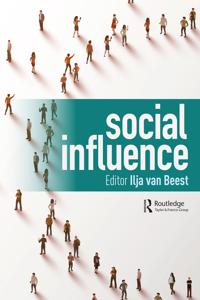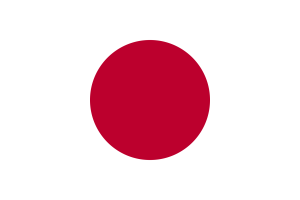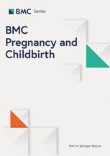An Elsevier journal has issued just over 100 expressions of concern for papers published by a group of researchers led by the French microbiologist Didier Raoult, who also notched a new retraction – his tenth – in a separate publication.
As we and others have reported, Raoult’s work during the COVID-19 pandemic drew intense scrutiny from data sleuths, most notably Elisabeth Bik – whose critiques, which extended beyond his COVID studies, were met with vicious online trolling and a legal complaint filed by Raoult himself.
The allegations prompted an ethics investigation by the French National Agency for the Safety of Medicines and Health Products into Raoult’s research during his tenure at the IHU Méditerranée Infection, in Marseille, which he led between 2011 and his retirement as director in 2022. That inquiry found “serious shortcomings and non-compliances with the regulations for research involving the human person.”
The 101 expressions of concern come for papers Raoult and his colleagues published in New Microbes and New Infections. Here’s an example of one of the EoC’s, for “Genome sequence and description of Anaerosalibacter massiliensis sp. nov.,” which Raoult’s group published in March 2016:
Continue reading Embattled researcher Didier Raoult earns more than 100 expressions of concern and another retraction







